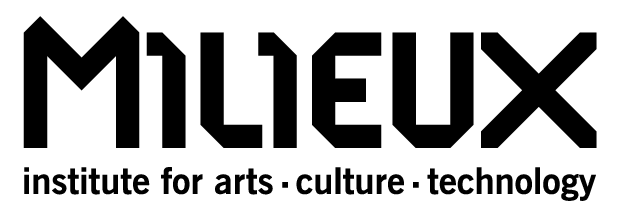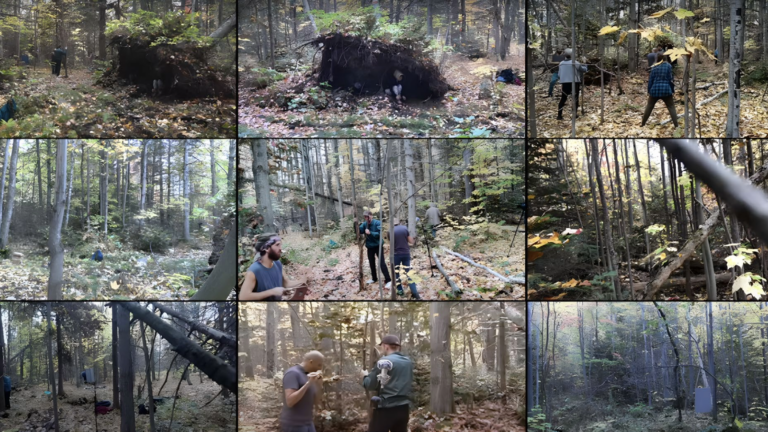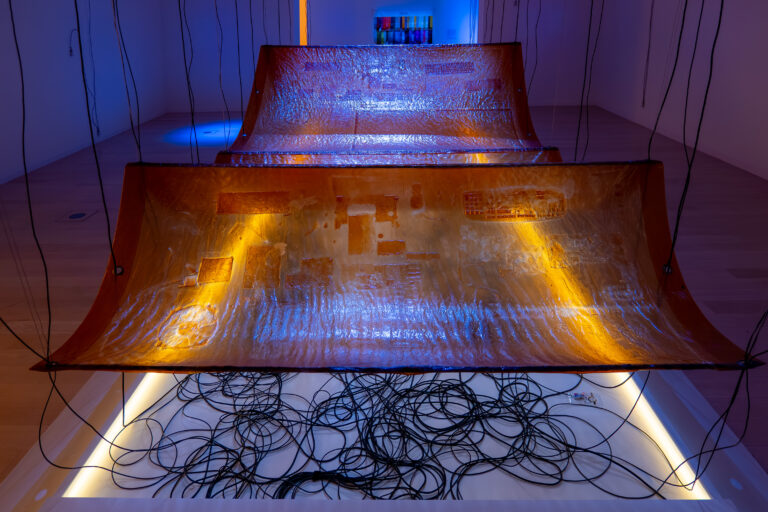In February 2023, Milieux Institute hosted the second edition of the GameBling Game Jam. Building on the success of its inaugural event, this year’s jam invited participants to explore the theme of (Un)Lucky through a collaborative and experimental lens. Game jams are not only a platform for rapid game creation but also serve as a unique research method, prompting innovative reflections on social science concepts. This second edition included an exciting addition: a writing workshop that encouraged participants to document and analyze their experiences as game designers. In this introductory article, Pauline Hoebanx and Hanine El Mir reflect on the outcomes of the jam, the insights gained from the writing workshop.
You can read this article and the four other blog posts in the Critical Gambling Studies Blog
GameBling 2.0
On the 11th and 12th of February 2023, Concordia University hosted the second edition of the GameBling Game Jam, one year after the successful first edition (Hoebanx et al., 2023). A game jam is an event during which individuals or teams attempt to create a game from scratch in a limited amount of time. A detailed explanation of game jams and a summary of the first edition can be found in Hoebanx et al. (2023). In Hoebanx et al. (2023), we argued that game jams can be used as an innovative research method “that can help uncover new ways to think about and question social science concepts.” We put that idea to the test again in the second edition, with an added twist: we held a writing workshop after the event to which all jam participants were invited. Of the 16 original participants, 9 participated in the writing workshop. The primary goal was to encourage jam participants to reflect on and write about their experiences as game designers, aiming to gain insights into their thinking and design processes—something that last year’s blog post was not able to achieve (Hoebanx et al., 2023). The blog posts in this series are the result of this writing workshop. While the theme of the first edition was slot machines, the second edition’s theme was more abstract: (Un)Lucky. Supported by TAG—the Technoculture, Art and Games Research Centre, housed in the Milieux Institute for Arts, Culture and Technology at Concordia University—along with the research teams at Concordia’s Research Chair on Gambling—HERMES and Jeu Responsable à l’Ère Numérique (JREN)—the jam hosted sixteen participants, the same number as the previous edition. The event was virtual and took place over Discord and the Gathertown platform. Participants received a $300 bursary for their participation. Accompanied by four organizers and a floating mentor, six teams generated eight unique games, which were uploaded to the itch.io page (GameBling Game Jam 2.0, 2023). Participants had the option to present game ideas or working game design documents without the requirement of a finished game on the itch.io page. The organizers emphasized the low-stakes, exploratory nature of the event and highlighted its experimental space, which encouraged collaboration, diverse roles, and various interpretations of the theme.
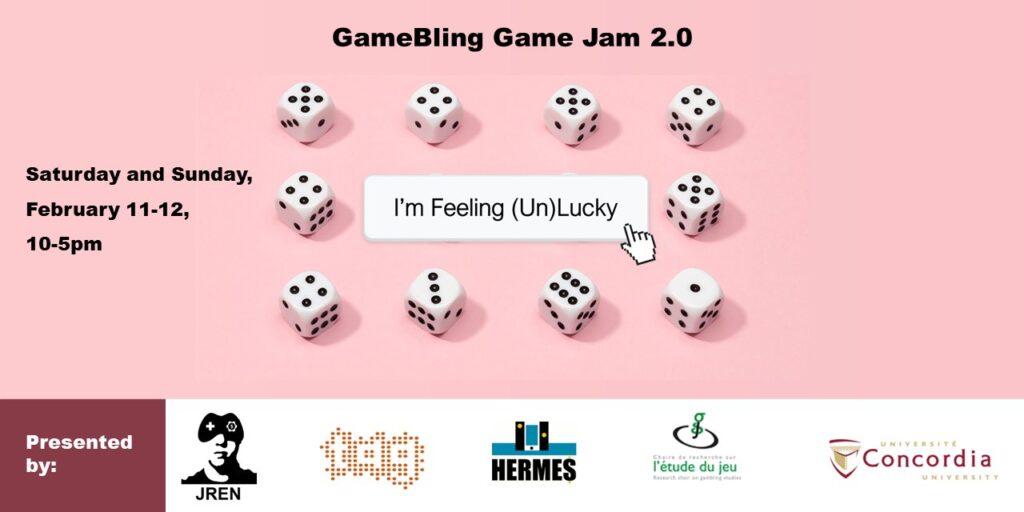
The organizers were interested in the outcome of a theme that did not dictate a specific game mechanic; unlike the previous year, which had called for a focus on slot machine retention mechanics. As a result, the games that were created included three card games, an adventure game, a coin-flipping game, and a horse race betting game. All the games are available to play here.
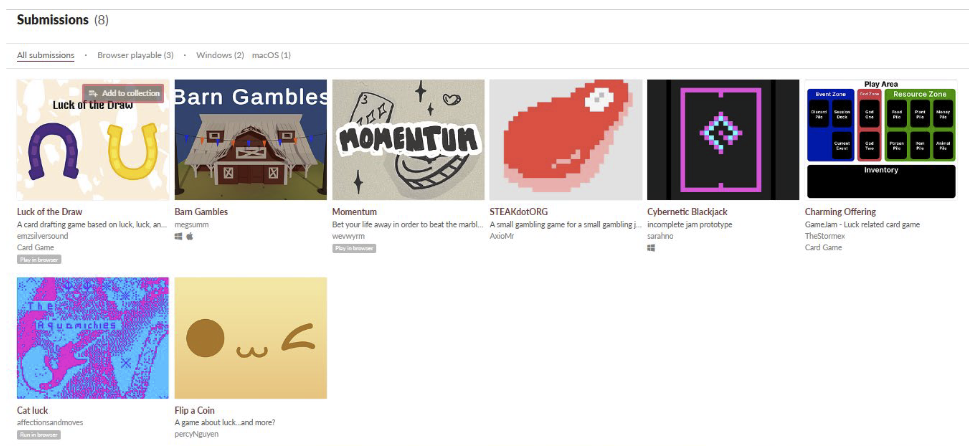
Four blog posts came out of the writing workshop and focused on the following games: Luck of the Draw, Charming Offering, Cat Luck, and Flip a Coin. These blog posts illustrate some of the ways that jam participants interpreted the theme and later made connections between the theme and scholarly work about luck, gambling studies, and even drama studies. Unlike the initial game jam, where all six games portrayed slot machines negatively, our recent edition presented a more varied perspective. Among the featured games, only Flip a Coin depicted the hazards of gambling, while the others did not associate gambling with negative undertones. This shift can be attributed to the more abstract prompt, (Un)Lucky, which encouraged participants to focus on the concept of luck rather than on a specific game, since that might carry pre-existing negative connotations in the collective imaginary.Through the facilitation of game jams that prompt participants to contemplate gambling, our aim is to uncover innovative research methods as valuable tools for thinking about gambling. As advocated by several critical gambling studies scholars (e.g., Cassidy et al., 2015; Reynolds et al., 2020), there is a need for more interdisciplinary research in gambling studies, extending beyond the conventional clinical and quantitative research. Broadening our comprehension of gambling experiences and exploring the ways gambling is depicted in our collective imagination is crucial. This approach reveals nuanced facets of how gambling is experienced and imagined, and it can guide us toward potential interventions if necessary.
In light of this, we invite you to read the posts in this special section of the Critical Gambling Studies Blogby reflecting on how we can use innovative research methods to expand the ways we think about and study gambling.
References
Cassidy, R., Pisac, A., & Loussouarn, C. (Eds.). (2015). Qualitative research in gambling: Exploring the production and consumption of risk. Routledge. https://doi.org/10.4324/9780203718872
GameBling Game Jam 2.0. (2023, February 11). itch.io. https://itch.io/jam/gamebling-game-jam-2
Hoebanx, P., Isdrake, I., Kairouz, S., Simon, B., & French, M. (2023, March 13).
The GameBling Game Jam: Game jams as a method for studying gambling games. Critical Gambling Studies Blog. https://doi.org/10.29173/cgs160
Reynolds, J., Kairouz, S., Ilacqua, S., & French, M. (2020). Responsible gambling: A scoping review. Critical Gambling Studies, 1(1), 23–39. https://doi.org/10.29173/cgs42
Text by Pauline Hoebanx and Hanine El Mir.
